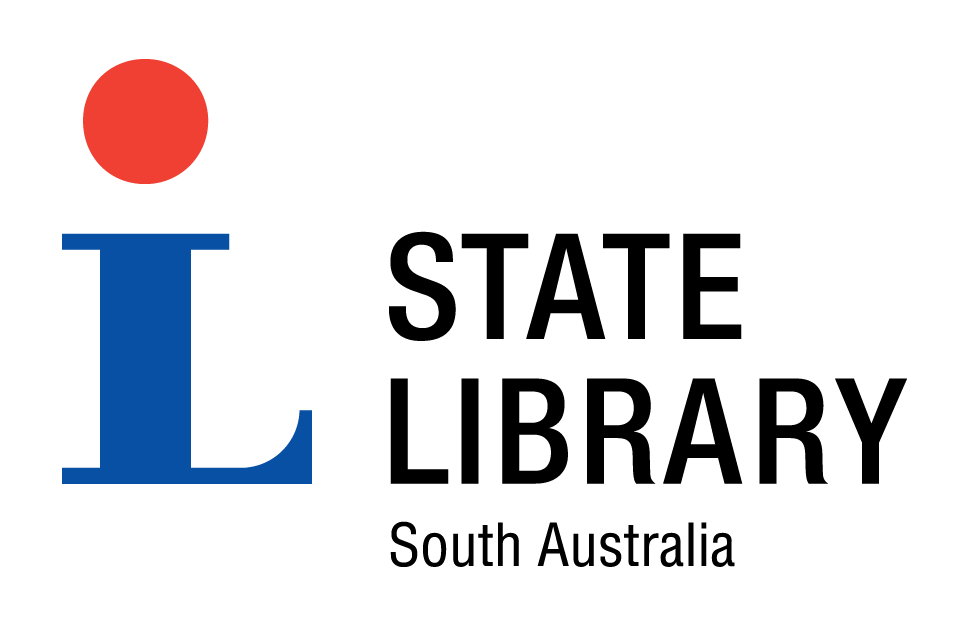
Wallaroo Miners |
|||
|---|---|---|---|
| Title : | Wallaroo Miners |

|
|
| Date of creation : | 1900 | ||
| Format : | Photograph | ||
| Contributor : | State Library catalogue | ||
| Catalogue record | |||
| The State Library of South Australia is keen to find out more about SA Memory items. We encourage you to contact the Library if you have additional information about any of these items. | |||
| Copyright : | Reproduction rights are owned by State Library of South Australia. This image may be printed or saved for research or study. Use for any other purpose requires permission from the State Library of South Australia. To request approval, complete the Permission to publish form. |
| Description : |
Wallaroo Miners underground. Located in the Yorke Peninsula, Wallaroo is found in the area referred to as 'The Copper Triangle', along with towns Kadina and Moonta. In 1859, a shepherd named James Boor, who was employed by station owner Captain Walter Watson Hughes, discovered copper in the area now known as the Wallaroo Mines. Hughes took out a mining lease, and by 1861 Wallaroo contained the largest copper smelters outside Wales, processing copper ore from the mines in the region. The mines employed hundreds of Cornish immigrants and their heritage is celebrated in the biennial Kernewek Lowender festival. The price of copper dropped considerably in the years after World War I, and subsequently 'the Copper Triangle' mines closed in the early 1920s. |
| Subjects | |
| Period : | 1884-1913 |
| Region : | Yorke Peninsula |
| Further reading : | Drew, G. J. Discovering historic Wallaroo, South Australia, [Adelaide] : Dept. of Mines and Energy and the Corporation of the Town of Wallaroo, 1989 |
| Internet links : | |
| Exhibitions and events : | Exhibitions & events State Library of South Australia: Mortlock Wing: A rich tapestry. August 2004- |


